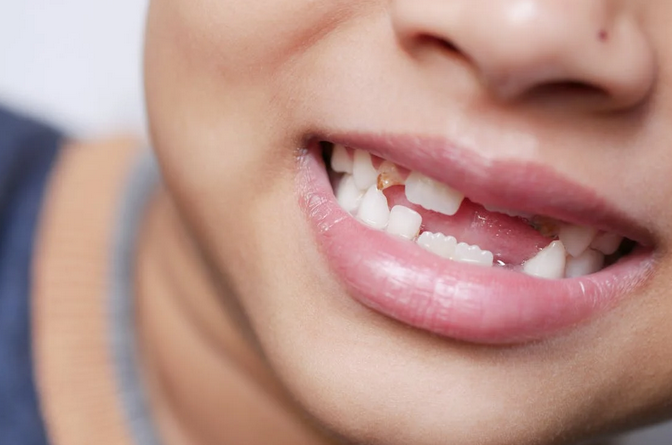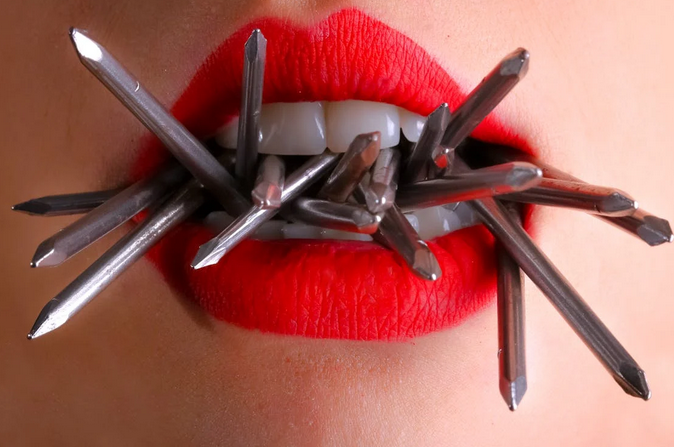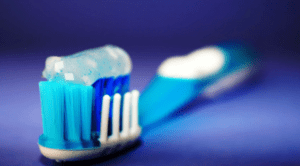Your smile is often the first impression you make on someone. But what happens when that smile isn’t as bright or healthy as it should be? Oral health plays a crucial role in your overall well-being, and sometimes our mouths send out warning signals that shouldn’t be ignored. If you’ve noticed something off with your teeth or gums, it’s essential to pay attention. On the other hand, many people make the mistake of focusing only on the whiteness of their teeth for physical attractiveness not realizing that it is just a small part of the overall oral health. Here are four signs that indicate it might be time for a trip to the dentist.
Persistent Bad Breath
Teeth and Physical Attractiveness: How does the two connected? Explaining the answer to this question will eventually lead to something as simple as bad breath. Persistent bad breath, or halitosis, is more than just an occasional issue. If you find that your mouth has a constant unpleasant odor despite regular brushing and flossing, it could be a sign of underlying problems. Diet can play a role; certain foods like garlic or onions can linger long after eating. However, if the smell persists regardless of what you eat, it might point to gum disease or tooth decay. Bacteria in the mouth thrive on food particles and plaque. When not adequately cleaned away, they produce sulfur compounds that contribute to bad breath. Hydration also matters. A dry mouth reduces saliva flow, which is crucial for washing away bacteria and debris.
Gum Issues

Gum issues can often be overlooked, but they are crucial to your oral health. If you notice signs of redness or swelling in your gums, it may indicate a problem. Healthy gums should have a pink hue and fit snugly around your teeth. Bleeding during brushing is another red flag. If your gums bleed frequently, this could signal gingivitis or more severe periodontal disease. Ignoring these symptoms can lead to significant complications down the line. Bad breath can also stem from gum problems.
Tooth Sensitivity
Tooth sensitivity can be a surprising and uncomfortable experience. It often manifests as sharp pain when consuming hot or cold foods and beverages. This reaction is not just annoying; it signals that something might be off with your dental health. Several factors contribute to this sensitivity. Worn enamel, exposed roots, or even gum recession can lead to heightened nerve exposure in the teeth. If brushing too hard has become a habit, you may inadvertently cause damage that leads to discomfort. Certain dental conditions like cavities or cracked teeth also play a role in increasing sensitivity levels.
Loose or Shifting Teeth

Loose or shifting teeth can be alarming, signaling that something isn’t quite right. This issue often arises from gum disease, which weakens the supporting structures of your teeth. If you notice any movement in your teeth, it’s critical to act promptly. Sometimes, underlying conditions like bone loss or trauma can contribute to this problem. Pay attention to how your bite feels too; if it seems off or uncomfortable, don’t ignore it. Shifting teeth may lead to misalignment and further complications down the line. Regular dental check-ups are essential for maintaining a healthy mouth and addressing issues early on.
Taking care of your oral health is essential for overall well-being. If you notice any of these signs, don’t dismiss them. Persistent bad breath, gum issues, tooth sensitivity, and loose or shifting teeth can indicate underlying problems that require professional attention. Being proactive about your dental health can prevent more serious issues down the line. Schedule regular check-ups with your dentist and maintain a good oral hygiene routine at home. Your smile deserves the best care possible!…




 Brushing is important, but it is not all that is necessary to maintain a healthy mouth. It is sometimes difficult to reach certain areas, like the spaces between the teeth where food particles and plaque build-up. This is where the interdental cleaning can be of great assistance. You can choose from silk, interdental brushes, dental floss, or an oral irrigator depending on your needs. Your dentist can help you choose the right product for you.
Brushing is important, but it is not all that is necessary to maintain a healthy mouth. It is sometimes difficult to reach certain areas, like the spaces between the teeth where food particles and plaque build-up. This is where the interdental cleaning can be of great assistance. You can choose from silk, interdental brushes, dental floss, or an oral irrigator depending on your needs. Your dentist can help you choose the right product for you.